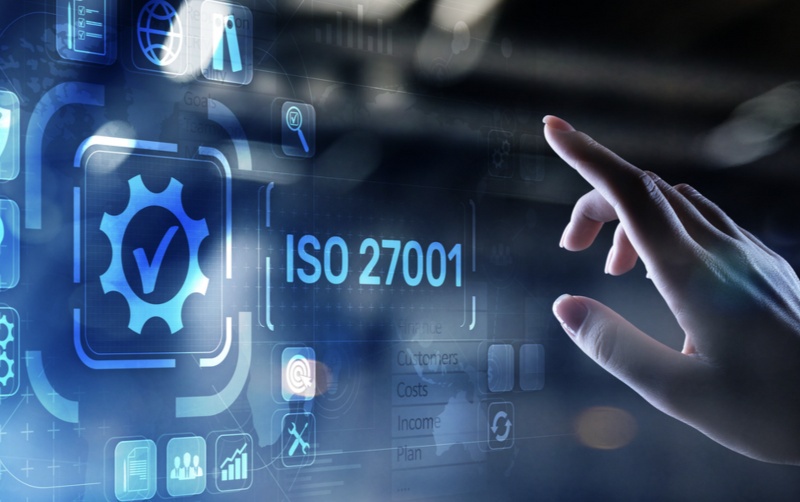An information security management system (ISMS) is defined by the standard ISO 27001 specification. An ISMS is a control assurance system used to monitor and manage the security of information systems and to reduce organizational risk related to using IT systems. The International Organization for Standardization and the International Electrotechnical Commission jointly publish ISO/IEC 27001. The most recent ISO 27001:2022 Information Security Management System (ISMS) standard is available. The standard has been revised to reflect the constantly evolving state of information security and technology and to help organizations safeguard their assets and data against online attacks.
Preparing the ISO 27001 ISMS documents is a critical decision for any organization. An ISMS's implementation and upkeep can be expensive and time-consuming, and its advantages are not always immediately obvious. Therefore, before selecting whether to adopt ISO 27001, organizations must carefully consider the costs and benefits. Furthermore, it is crucial to understand that ISO 27001 certification is not a necessity. Organizations don't need to be certified to implement an ISMS. To show their dedication to information security and to promote their goods and services to potential clients, several organizations opt to pursue certification.
- Security- Businesses regularly deal with security risks. These dangers may originate from inside or external sources, such as staff members or hackers. In either case, these security issues can put the systems and data of an organization in danger. By laying out precise rules for handling and safeguarding data, an ISMS policy can assist firms in reducing these risks. Companies may ensure that their data is secure from dangers both internal and external by defining these rules.
- Compliance- ISMS policies can assist companies in protecting their data as well as maintaining legal and regulatory compliance. Numerous laws and regulations that mandate businesses to take action to secure their customers' information have been passed in response to the growing emphasis on data privacy. An ISO 27001 policy can assist businesses in adhering to these rules and regulations by specifying the precautions that must be taken to protect data. This can include defining the methods for data storage, transmission, and destruction. Businesses can ensure that they comply with all applicable laws and regulations by adhering to an ISMS policy.
- Implementation- Businesses should examine their organization's unique demands while creating the policy. The policy should be suited to the size, type of business, and data that the organization stores and processes. Furthermore, the policy should be evaluated regularly to ensure that it is both current and effective.
- Improve efficiency- ISMS policies can help firms enhance productivity while simultaneously protecting their data and complying with regulations. When everyone in an organization adheres to the same set of rules, it can assist to streamline procedures and reduce the possibility of errors.
What Should You Include in an ISMS Policy?
- Purpose- Your policy's objective and priorities must be defined. This could be to your company's goals and plans. For example, are you developing it to protect the customers' information? Is it to prevent security breaches? Knowing the policy's goal allows you to outline the methods required to secure your organization.
- Roles and responsibilities- The policy should define the roles and duties of the various persons and groups responsible for information security inside the organization. For example, the policy should specify who is in charge of designing and implementing the organization's security policies and procedures. Furthermore, the policy should identify the persons who will be in charge of implementing security controls and monitoring the organization's information assets.
- Policy Framework- The third phase is to construct a policy framework to be utilized in developing and implementing specific information security rules. The ISO 27001 standard for information security management serves as the foundation for the ISMS policy structure. It specifies how an ISMS should be planned, implemented, operated, monitored, and improved.
- Communication for ISMS policy- It is the process through which an organization effectively communicates its ISMS rules to employees, contractors, and other stakeholders. The process begins with the creation of a short and understandable policy statement, which is then distributed to the appropriate stakeholders. The policy communication process should be developed to guarantee that everyone involved understands and follows the ISMS policy. Furthermore, the procedure should be reviewed regularly to verify that it is still appropriate and effective.


No comments yet